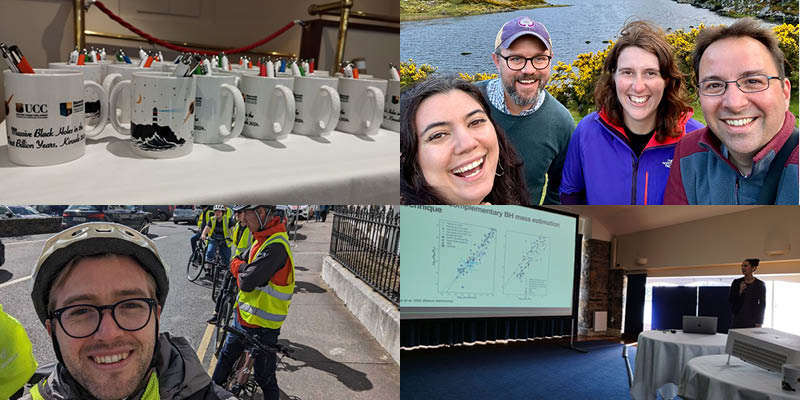In This Section
- Home
- About the College
- Governance
- College Committees & Steering Groups
- College Assembly
- College Council
- College Executive Management Committee
- College Academic Programmes and Curriculum Development Committee
- College Graduate Studies Committee
- College Research & Innovation Committee
- College Teaching Learning and Student Experience Committee
- College Student Recruitment and Outreach Committee
- College Sabbatical Research Leave Committee
- College of SEFS Adjunct Appointments Committee
- International Education Committee
- College Postgraduate Student Committee
- Athena SWAN Steering Group
- College Committees & Steering Groups
- Human Resources
- UCC STEM Awards
- Scholarships and Prizes
- Women in STEM Panel Talks
- Inaugural Professorial Lectures
- Athena SWAN in SEFS
- Proposal Calls
- Contact Us
- Science in Society Public Lecture Series
- Governance
- News
- Staff
- Schools and Departments
- Current Students
- Undergraduate Courses
- Postgraduate Courses
- International Students
- Research and Innovation
- Employability and Careers
- Outreach and Public Engagement
- Science Week
- Transition Year Programmes
Conference: Massive Black Holes in the First Billion Years

The School of Physics, UCC recently hosted a conference on 'Massive Black Holes in the First Billion Years' inspired by groundbreaking observations made by the European Space Agency’s James Webb Space Telescope (JWST).
In a remarkably short time, the JWST has revolutionised our understanding of the early universe, particularly shedding light on the population of massive black holes—each weighing in at least 100,000 times the mass of our sun and larger.
At this conference, leading experts convened to explore the origins, growth, and dynamics of massive black holes. Participants included researchers specialising in observing the earliest galaxies, the smallest black holes, and gravitational waves. Theorists also joined the discussion, delving into the formation and evolution of massive black holes across cosmic time. Altogether, approximately 80 participants from around the world contributed their insights.
Scientists find themselves on the brink of significant breakthroughs in our comprehension of massive black holes. Current and near-future electromagnetic observations by the JWST, along with upcoming missions, will be complemented by gravitational wave detections using the Laser Interferometer Space Antenna (LISA) in the coming decade. These combined efforts aim to unravel the mysteries surrounding the birth and growth of massive black holes during the early Universe.
The conference took place at the Trident Hotel in Kinsale, Co. Cork.
College of Science, Engineering and Food Science
Coláiste na hEolaíochta, na hInnealtóireachta agus na hEolaíochta Bia
Contact us
Block E, Level 3, Food Science Building, UCC, Cork, T12 YN60.
